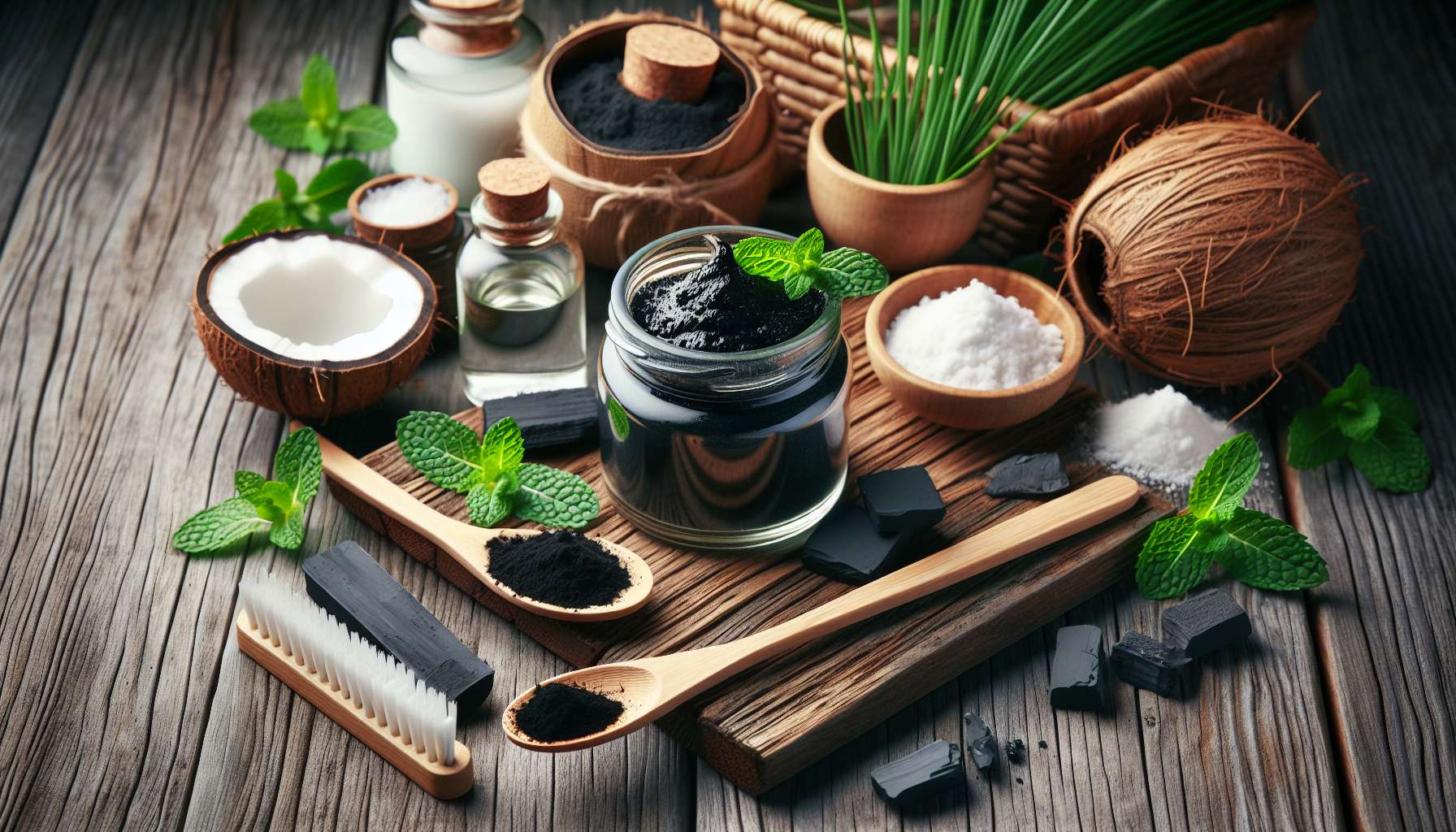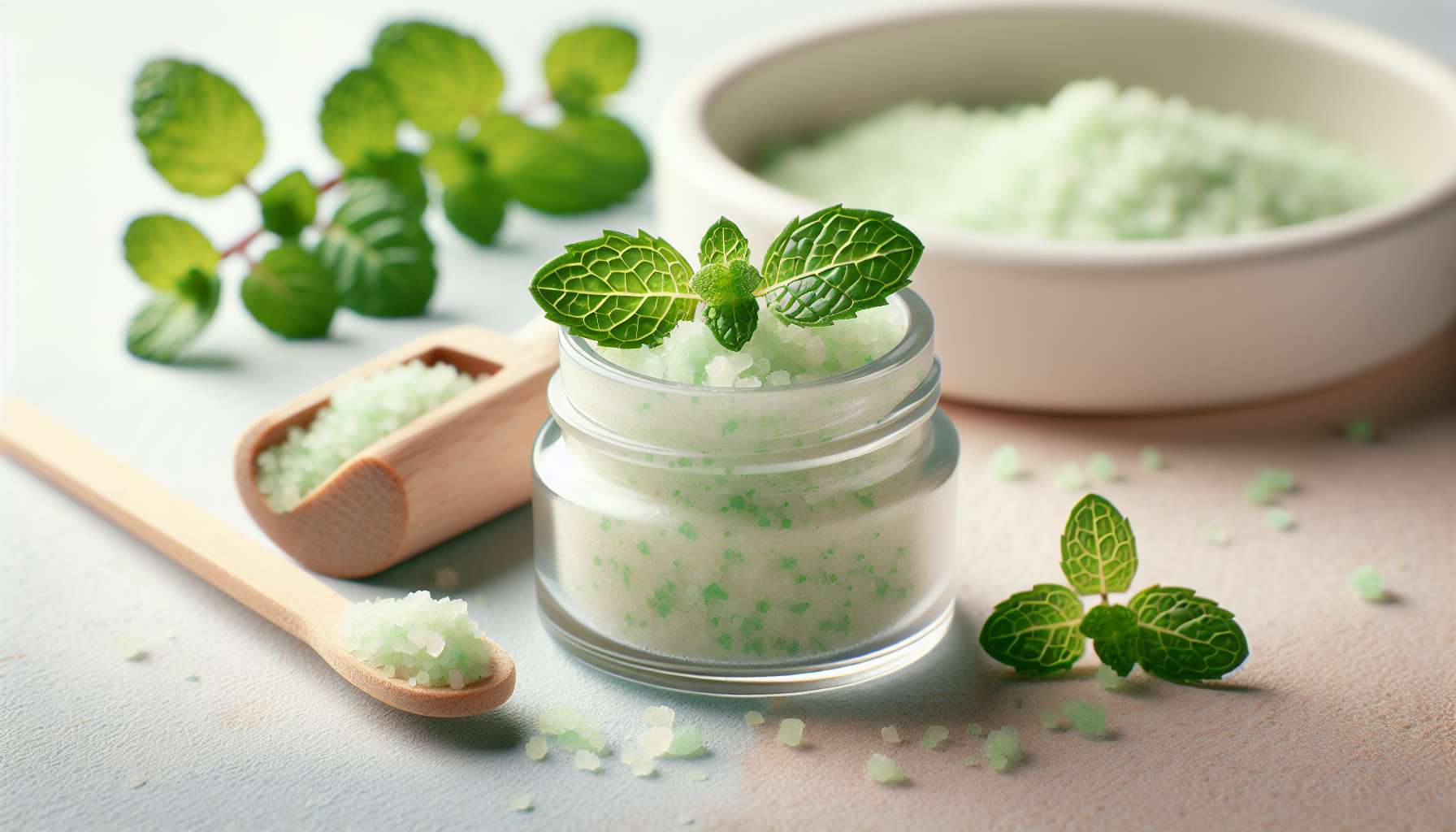The Ultimate Guide to Charcoal Toothpaste Recipe
Introduction
When it comes to oral hygiene, charcoal toothpaste has been making waves in the dental care industry. The idea of using charcoal as a teeth-whitening agent may seem unconventional, but the trend has gained popularity among those seeking a natural and effective alternative to traditional toothpaste. In this comprehensive guide, we will delve into the world of charcoal toothpaste recipe, exploring its benefits, potential risks, and how you can make your own at home.
Have you ever wondered how charcoal can be used to brighten your smile? Did you know that charcoal has been used for centuries in traditional medicine for its detoxifying properties? Join us as we uncover the secrets behind this black toothpaste craze.
The History of Charcoal Toothpaste
Charcoal has a long history of use in various cultures for its medicinal and purifying properties. In ancient times, charcoal was commonly used to treat a variety of ailments, including poisoning and digestive issues. The use of charcoal in oral care dates back centuries, with some cultures using charcoal to clean and whiten their teeth.
Fast forward to modern times, and charcoal toothpaste has become a trendy product in the beauty and wellness industry. The activated charcoal in these toothpastes is believed to bind to toxins and stains on the teeth, helping to remove surface stains and brighten the smile.
How Does Charcoal Toothpaste Work?
Charcoal toothpaste works by adsorbing (yes, adsorbing, not absorbing) toxins and stains on the teeth. Activated charcoal is a porous substance that traps impurities and removes them from the surface of the teeth. This adsorption process is believed to help whiten the teeth and freshen breath.
Many charcoal toothpaste products also contain other ingredients such as baking soda, essential oils, and natural flavorings to provide additional benefits. These ingredients work together to clean the teeth, freshen breath, and promote overall oral health.
The Benefits of Using Charcoal Toothpaste
There are several potential benefits to using charcoal toothpaste as part of your oral care routine. Some of the key advantages include:
- Teeth Whitening: Charcoal toothpaste is known for its teeth-whitening properties, helping to remove surface stains and brighten the smile.
- Natural Ingredients: Many charcoal toothpaste recipes use natural ingredients that are free of harsh chemicals and artificial additives.
- Fresh Breath: Charcoal toothpaste can help freshen breath by removing bacteria and toxins from the mouth.
- Detoxification: Activated charcoal is believed to help detoxify the mouth by binding to toxins and impurities.
While charcoal toothpaste offers these potential benefits, it is important to note that individual results may vary. It is always recommended to consult with a dentist before making any significant changes to your oral care routine.
DIY Charcoal Toothpaste Recipe
If you are interested in trying charcoal toothpaste but prefer to make your own at home, you’re in luck! Making your own charcoal toothpaste is simple and requires just a few natural ingredients. Here is a basic recipe to get you started:
Ingredients:
- 2 tablespoons of activated charcoal powder
- 1 tablespoon of coconut oil
- 1 teaspoon of baking soda
- 5-10 drops of peppermint essential oil
Instructions:
- In a small bowl, mix the activated charcoal powder, coconut oil, and baking soda until well combined.
- Add the peppermint essential oil and mix again to incorporate the fragrance.
- Transfer the mixture to a small jar or container for storage.
To use your homemade charcoal toothpaste, simply scoop a small amount onto your toothbrush and brush as usual. Be mindful that charcoal can be messy, so take care to avoid splattering while brushing.
Expert Opinions on Charcoal Toothpaste
While charcoal toothpaste has gained popularity in recent years, opinions among dental professionals are divided. Some dentists believe that charcoal toothpaste can be abrasive and may damage the enamel of the teeth if used too frequently. Others argue that charcoal toothpaste can be an effective tool for removing surface stains and improving oral health.
It is essential to consult with your dentist before incorporating charcoal toothpaste into your oral care routine. Your dentist can provide personalized advice based on your specific dental needs and help you determine if charcoal toothpaste is right for you.
Common Misconceptions About Charcoal Toothpaste
There are several misconceptions surrounding charcoal toothpaste that are important to address. One common myth is that charcoal toothpaste is a replacement for regular toothpaste. While charcoal toothpaste can be used as a supplement to your oral care routine, it is not a substitute for traditional toothpaste that contains fluoride.
Another misconception is that charcoal toothpaste is safe for daily use. Some dentists recommend using charcoal toothpaste no more than once or twice a week to avoid potential damage to the enamel. It is crucial to follow the instructions provided with the product and to consult with your dentist if you have any concerns.
Comparative Analysis: Charcoal Toothpaste vs. Traditional Toothpaste
When comparing charcoal toothpaste to traditional toothpaste, there are several key differences to consider. Traditional toothpaste typically contains fluoride, which is essential for preventing tooth decay and strengthening enamel. Charcoal toothpaste, on the other hand, does not contain fluoride but may offer whitening benefits.
While traditional toothpaste is recommended by most dental professionals for daily use, charcoal toothpaste can be used as a supplement to help remove surface stains. It is important to weigh the pros and cons of each type of toothpaste and choose the option that best meets your oral care needs.
FAQs About Charcoal Toothpaste
Q: Is charcoal toothpaste safe to use?
A: Charcoal toothpaste can be safe to use, but it is essential to follow the instructions provided with the product and consult with your dentist.
Q: Does charcoal toothpaste really whiten teeth?
A: Charcoal toothpaste is believed to help whiten teeth by removing surface stains, but individual results may vary.
Q: How often should I use charcoal toothpaste?
A: It is recommended to use charcoal toothpaste no more than once or twice a week to avoid potential damage to the enamel.
Conclusion
In conclusion, charcoal toothpaste has gained popularity as a natural alternative to traditional toothpaste for teeth whitening and oral health. While there are potential benefits to using charcoal toothpaste, it is essential to consult with your dentist before incorporating it into your oral care routine.
Whether you choose to purchase charcoal toothpaste or make your own at home, be mindful of how often you use it and follow the instructions provided. Remember that maintaining good oral hygiene practices, such as regular brushing and flossing, is key to a healthy smile.
Are you ready to try charcoal toothpaste and brighten your smile naturally? Give it a whirl and see the results for yourself!




